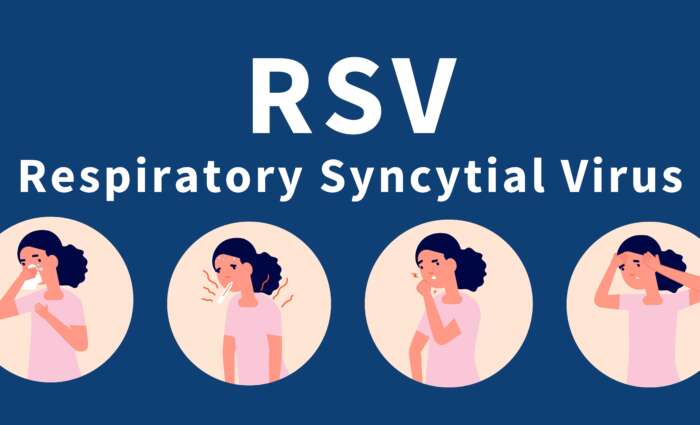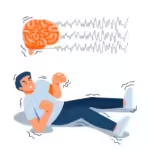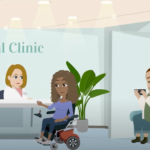What Is Respiratory Syncytial Virus (RSV)?
Respiratory syncytial virus (which is commonly called RSV) is a major cause of respiratory illness. The virus usually causes a common cold. But sometimes it infects the lungs and breathing passages and can cause breathing problems. Infants, young children, older adults, and those with underlying health conditions are especially vulnerable.
What Are the Signs & Symptoms of Respiratory Syncytial Virus (RSV) Infection?
People with RSV might have cold symptoms, such as:
- a stuffy or runny nose
- sore throat
- headache
- cough
- fever
Sometimes, an RSV infection can lead to other respiratory conditions such as bronchiolitis or pneumonia.
Most people recover from RSV in one to two weeks. Unfortunately, some individuals at risk are more likely to develop severe RSV and need hospitalization.
If you are between 32-36 weeks pregnant, are older or high risk, a vaccine is available.
For young infants, a preventative antibody can be given after birth up to the age of 8 months.
According to the Center for Disease Control, each year in the United States, an estimated 58,000-80,000 children younger than 5 years are hospitalized due to RSV infection. Children at greatest risk for severe illness from RSV include the following:
- Premature infants
- Infants up to 12 months, especially those 6 months and younger
- Children younger than 2 years with chronic lung disease or congenital (present from birth) heart disease
- Children with weakened immune systems
- Children who have neuromuscular disorders, including those who have difficulty swallowing or clearing mucus secretions
Also, according to the CDC, RSV infections can be dangerous for certain adults. Each year, it is estimated that between 60,000-160,000 older adults in the United States are hospitalized and 6,000-10,000 die due to RSV infection. Adults at highest risk for severe RSV infection include:
- Older adults
- Adults with chronic heart or lung disease
- Adults with weakened immune systems
- Adults with certain other underlying medical conditions
- Adults living in nursing homes or long-term care facilities
When an adult gets RSV infection, they typically have mild cold-like symptoms, but some may develop a lung infection or pneumonia.
RSV can sometimes also lead to worsening of serious conditions such as:
- Asthma
- Chronic obstructive pulmonary disease (COPD) – a chronic disease of the lungs that makes it hard to breathe
- Congestive heart failure – when the heart can’t pump enough blood and oxygen through the body
What can we do to help prevent RSV and other viruses?
Several things can be done! These include:
- Wash your hands often
- Avoid touching your face with unwashed hands
- Avoid close contact with sick people
- Cover your coughs and sneezes
- Clean frequently touched surfaces
- Stay home when you are sick
Find out more about vaccines that may be recommended for you this season:https://odh.ohio.gov/media-center/feature-stories/protect-yourself-against-respiratory-viruses
Vaccine and RSV information in multiple languages: https://medlineplus.gov/languages/respiratorysyncytialvirusinfections.html





